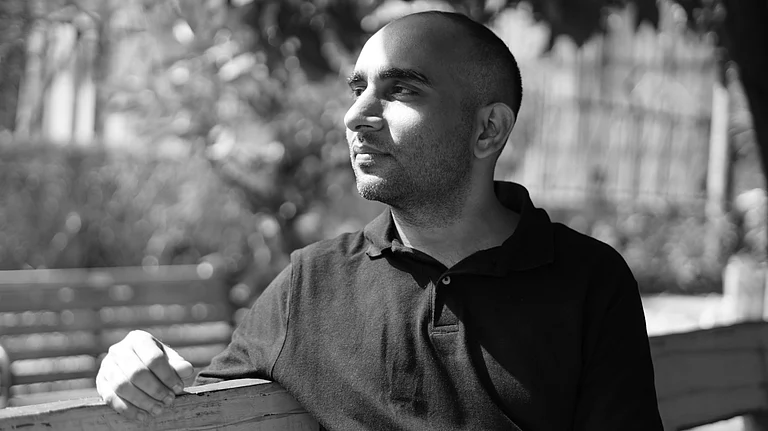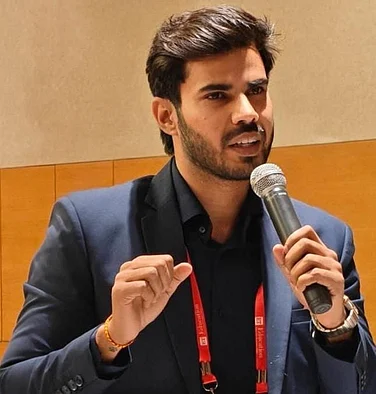Parents of children with special needs in Bangalore are navigating a complex web of challenges in their pursuit of quality education and developmental support for their children. From identifying special needs/inclusive schools to managing therapy schedules, they face financial, logistical, and emotional hurdles every step of the way. Despite the promises of inclusivity, systemic gaps leave many families frustrated and exhausted.
The Illusion of Inclusivity in Schools
Finding a truly inclusive school in Bangalore remains one of the most significant challenges. While many institutions claim to accommodate children with disabilities, the reality often falls short.
“Children are frequently segregated from their peers despite being in inclusive setups,” one parent lamented, noting how this separation stifles their social and academic growth. Many schools lack proximity to families, forcing them to endure lengthy commutes to access suitable education.
Further complicating matters is the proliferation of unregulated “special needs schools” that primarily function as therapy centers. These institutions often lack government recognition or affiliation with accredited boards, leaving students unable to obtain valid transfer certificates or recognized marks cards. “Our children are left in the lurch,” said the parent of a fourth grader with ADHD.
The Financial Burden of Inclusive Education
Affordability is another pressing issue. Inclusive schools often come with steep fees, and many require parents to hire shadow teachers—individuals who provide one-on-one classroom assistance. The added expense of these teachers, who are not covered by school fees, is prohibitive for many families.
The dependency on shadow teachers creates additional vulnerabilities. If a shadow teacher is unavailable due to illness or other reasons, the child’s education is disrupted. “It feels like we’re constantly walking a tightrope,” shared one mother.
Therapy: An Exhaustive but Essential Lifeline
Outside school, therapy sessions such as occupational therapy (OT), speech therapy, and applied behavior analysis (ABA) are crucial for children with developmental needs. However, finding qualified and empathetic therapists is a significant challenge.
Parents spend hours commuting to therapy centers, often at the expense of other family activities. The cumulative cost of therapy, when combined with exorbitatnt school fees, places a heavy financial strain on families.
Statutory Challenges
Government education policies add another layer of difficulty. Learning progress for children with special needs often does not align with their biological age, yet mainstream systems such as the Student Achievement Tracking System (SATS) do not account for these discrepancies. For instance, a 16-year-old child with developmental delays may function at the academic level of a 10-year-old but is still expected to take board exams on schedule.
A Call for Systemic Change
Experts emphasize the urgent need for systemic reforms. “True inclusivity is not just about admitting children with special needs into mainstream schools; it’s about creating an environment where they can thrive,” said a Bangalore-based special education consultant.
Parents are advocating for government subsidies for therapy costs and policies that ensure affordable, high-quality inclusive education.
SASE: A Beacon of Hope
In this challenging landscape, SASE- System for Alternative Schooling and Education, founded by serial edupreneur Shashidhar Chiron, is emerging as a transformative solution for parents in Bangalore. SASE offers a holistic approach to inclusive education under progressive schooling in Bangalore, integrating children with special needs into a mainstream framework that nurtures their growth.
Unlike traditional inclusive schools, SASE eliminates the need for shadow teachers. Instead, each child receives an Individualized Development Plan (IDP) supported by in-house specialists, including special educators, speech-language pathologists, and psychologists. This integrated approach ensures seamless support for children without adding logistical and financial burdens on parents.
Chiron says “Special education needs to be equitable in school, encouraging constructivist learning between neurotypical and neurodiverse children is essential as neurodiverse children will have to eventually grow up and integrate in the main stream society. At SASE, we ensure that there is co-learning, co-creation, co-development amongst children with different abilities”.
Adhering to the international standards of inclusive schooling and progressive education, SASE school’s programs are recognised by prestigious international accrediting body - Cognia, USA. The school is affiliated to CBSE and NWAC boards and offers programs for children from age 2 (Early Years Program) to 12th grade, setting a new benchmark for inclusive schools.
A Model for the Future
For parents of children with special needs, SASE represents more than just a school—it offers a comprehensive ecosystem for education and therapy. Its innovative model demonstrates that inclusive education can be both accessible and effective, providing a blueprint for other institutions to follow.
As Bangalore grapples with the shortcomings of its current system, SASE is paving the way for a brighter, more inclusive future, proving that every child, regardless of ability, deserves a chance to thrive.









_.jpg?auto=format%2Ccompress&fit=max&format=webp&w=768&dpr=1.0)
















